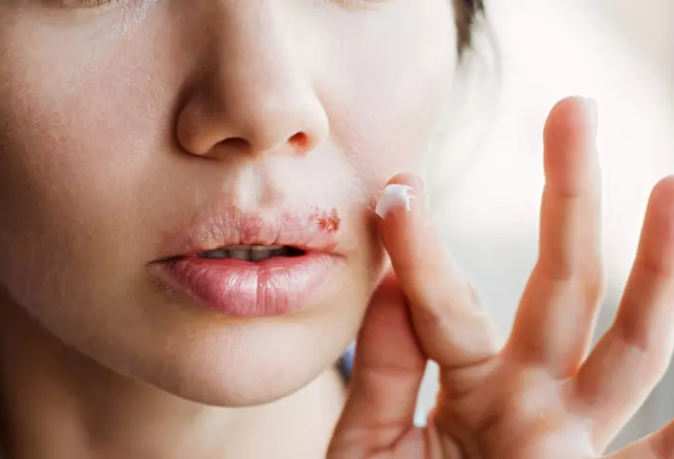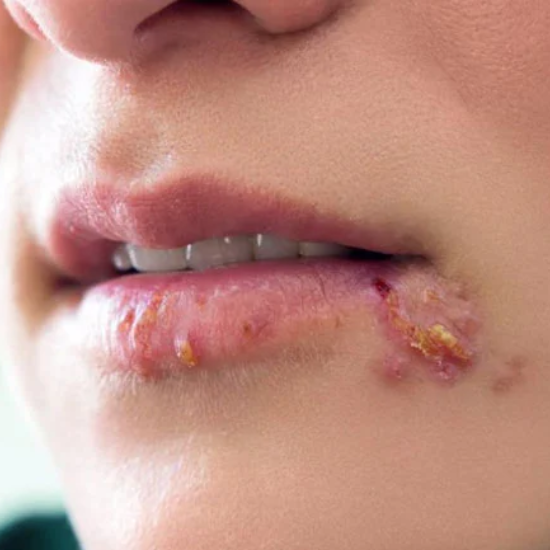Genital Herpes
Herpes is a common disease in the United States caused by the herpes simplex virus type 1 (HSV-1) or type 2 (HSV-2). The CDC estimates that about 776,000 people yearly in the United States get infected. HSV-1 is mainly transmitted by oral-to-oral contact to cause oral herpes (cold sores), but can also cause genital herpes from oral to genital contact. HSV-2 is almost exclusively transmitted sexually, causing infection in the genital or anal area. Both HSV-1 and HSV-2 infections are lifelong.
Transmission/ Prevention
HSV-1 and 2 are particularly contagious during an outbreak but can also be transmitted when no symptoms are visible. Infected people should avoid oral and genital contact, and not share objects that have had contact with their saliva. They should also abstain from any unprotected sexual activity especially while experiencing any of the symptoms.





 19 Oct 2024
19 Oct 2024